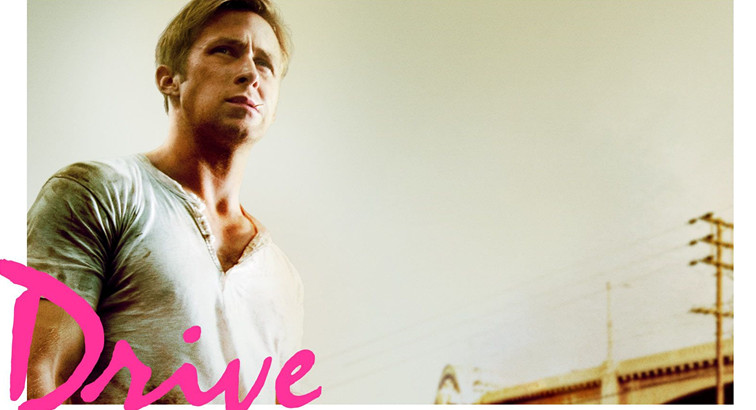
Since the invention of electronic instruments in the 1960s, a giant multiplicity of genres had evolved. With the huge possibilities regarding the synthesis of futuristic sounds, it doesn’t surprise that electronic instruments established themselves as essential part of movie scoring.
The following list will name the 10 best all-electronic scores of all time. It only contains scores with a complete or nearly complete electronic instrumentation.
10. Berlin Calling (Paul Kalkbrenner)
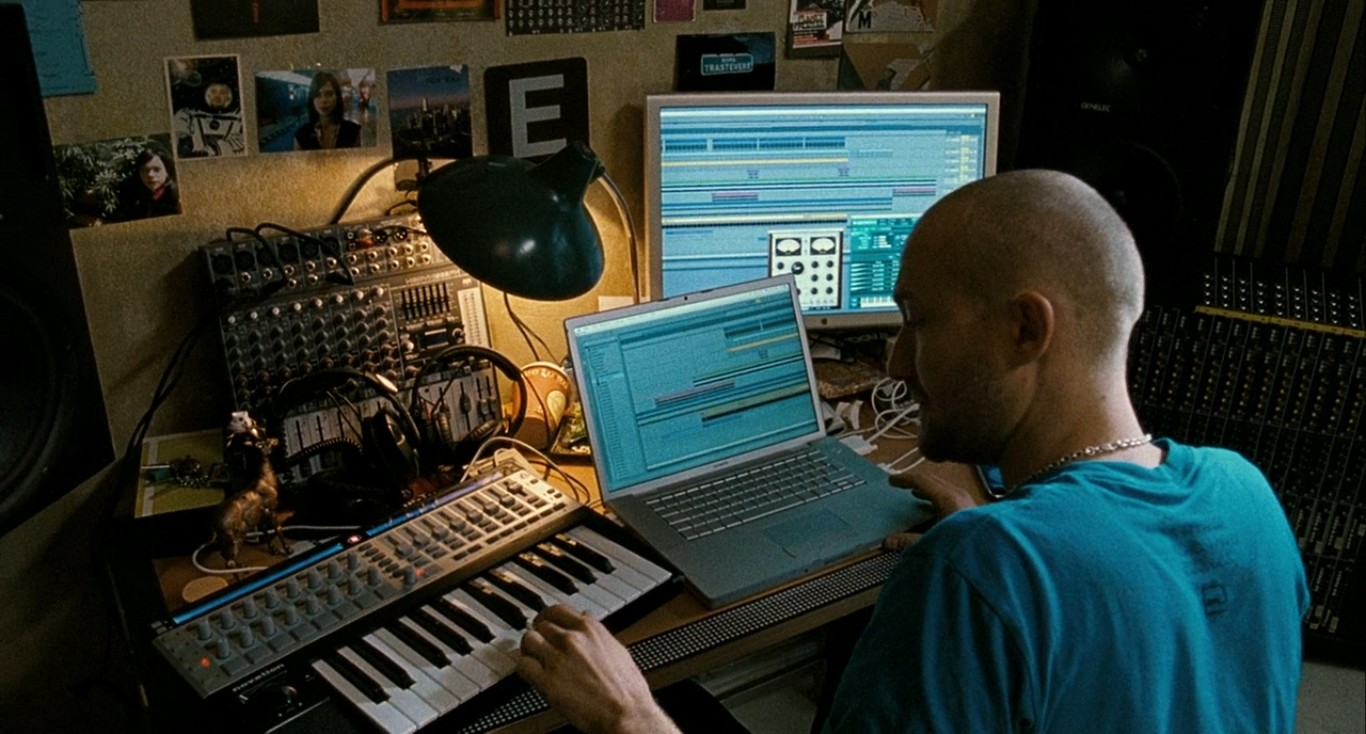
With his 2008 feature film “Berlin Calling”, German director Hannes Stöhr managed it to capture the storied feel of Berlin’s techno scene and the hedonistic spirit of local club nights, like the infamous Bar25 (after a massive five day party, the location closed it’s doors in 2010).
The movie tells the story of Ickarus, a local DJ whose life struggles between DJ gigs, substantial drug abuse, and problems with his label and his girlfriend. After overdosing on a MDMA trip, he has to face a drug-induced psychosis, a mental home, and the end of his music plans. For Paul Kalkbrenner, who’s responsible for the soundtrack and the actor in the leading role as well, “Berlin Calling” was a successful milestone in his matchless career.
The soundtrack is dominated by danceable techno tracks with Kalkbrenner’s unprecedented trademark. Never before had a movie and especially a soundtrack have the power of transforming the elusive momentum of a never-ending techno party full of hedonism, mind-expanding substances and fleeting contacts into a coherent and electrifying cinematic experience. The score’s core competence is to open this self-contained subculture to people who aren’t familiar with this parallel universe.
The tracks are charged with dreamy melodies, driven percussion and catchy loops, resulting in relentless techno stompers. While all the tracks on the album are great, the score’s heart is the electronic ballade “Sky And Sand”. Enriched with the vocals of his brother Fritz Kalkbrenner (who’s also a successful DJ and producer), the song was an omnipresent hymn in Berlin nightlife for quite a long time.
9. Assault on Precinct 13 (John Carpenter)
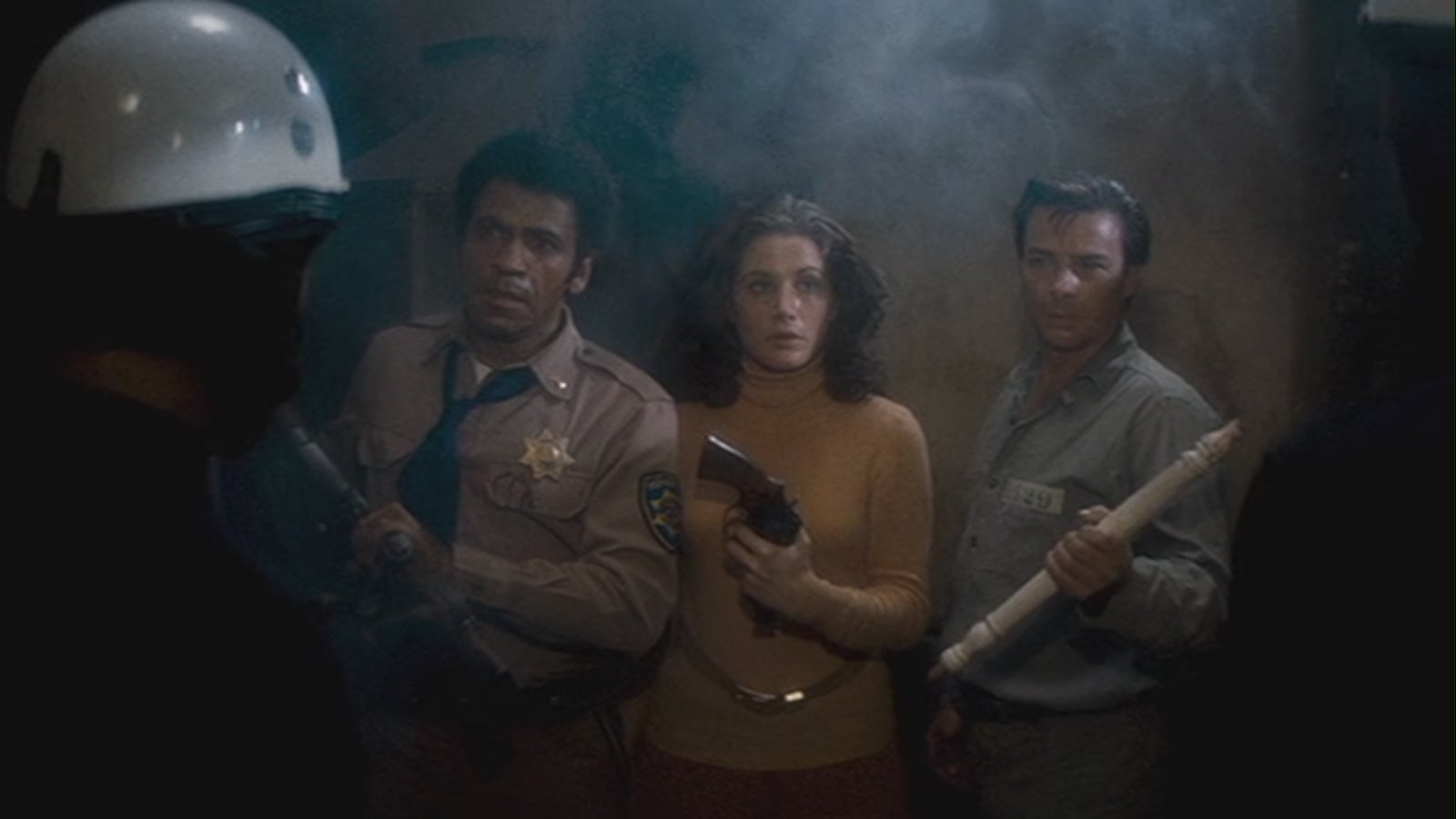
Writing about electronic scores without mentioning John Carpenter would be a crime on its own. The American director and composer is the creator of horror cult classic “Halloween” and its haunting title theme, while being one of the key inspirations for an entire generation of composers. His unmistakable trademark sound with his use of warm analog synthesizers is often imitated, but his oeuvre is hard to copy.
What’s so interesting about his style of composing is the pure simplicity of his productions. His melodies are simple sequences without tons of highly complex variations. But instead of sounding flat or uninspired, his music has a well-paced vibe and offers the highly appreciated feeling of familiarity.
His 1976 thriller “Assault on Precinct 13” is one of his most essential scores and works as the perfect showcase of his entire oeuvre. The main theme interweaves steady echoing percussions with a subtle distorted synth melody, which is as catchy as it could get. Entwined by dreamy synth plates, his music has a strong 70’s vibe and offers a huge load of nostalgia.
8. Drive (Cliff Martinez)

The remarkable renaissance of 80’s influenced scores in the past several years is remarkable. There are definitely a lot of movies with this kind of aesthetic. But “Drive” from 2011, starring Ryan Gosling, is one of the most notable films.
Some of the score’s records had a huge impact on pop culture and were big successes from a commercial and artistic point of view alike (“Nightcall” by Kavinsky & Lovefoxxx deserves a separate mention). Aside from five extern contributions, American composer Cliff Martinez is the man behind the film’s music. His works excellently capture the melancholic situation of driving through a deserted metropolis by night.
While hearing tracks like “Where’s The Deluxe Version?”, one visualizes diffuse cones of light prancing about the engine hood of a car. The tracks are atmospheric soundscapes with occasional baselines and pulsating bleep patterns, spraying increasing tension in pure synthesized form.
7. Thief (Tangerine Dream)
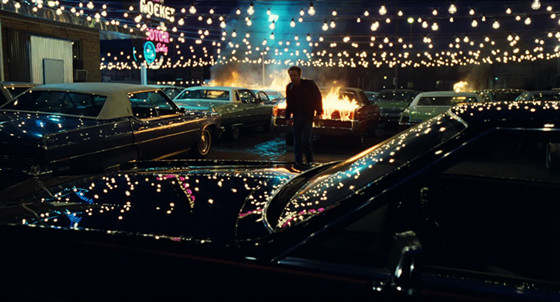
Riding in the slipstream of German electronic music with Kraftwerk as it’s world-famous flagship, Tangerine Dream made themselves a name as movie scorers and highly experimental pioneers of synthesizer work.
Their soundtrack for Michael Mann’s “Thief” from 1981 is one their strongest works with its highly experimental approach and cinematic power. Combining rock-like patterns with Far Eastern influences, their tracks are versatile excursions in unknown sonic areas. The music works as a constant stream of musical tension and creativity, instead of being impulse-like or predictable.
The music changes tempo and its acoustic consistence from time to time, always trying to surprise the audience with unexpected twist and turns in the music’s DNA. Hearing the score of Tangerine Dream is like starting a journey into the multi-layered realms of consciousness.
6. Pi (Clint Mansell)
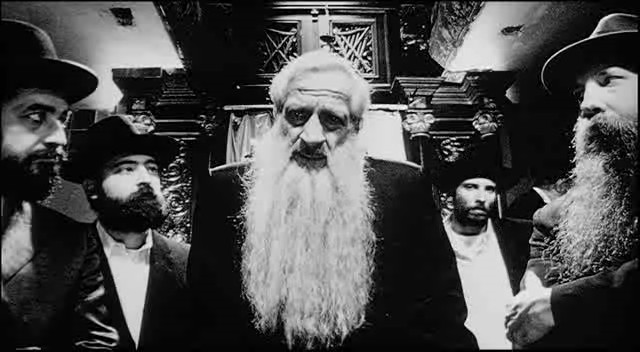
Darren Aronofsky’s 1998 debut feature “Pi” is the cornerstone of his longterm collaboration with British composer Clint Mansell. Together they worked on six movies to date, including acclaimed productions like “Requiem For A Dream” and “Black Swan”.
Following a very experimental and visually-stunning concept, “Pi” tells the story of mathematics genius Cohen, who falls into paranoia and madness after finding a code that seems to be the key to the universe.
Regarding the highly technological aspect of the movie (the scenes in the protagonist’s computing center especially deserve a separate mention), Mansell’s music perfectly fits the film’s tone. His compositions diversify between atmospheric soundscapes and sawing breakbeat monsters, settled between pre-drum-and-bass, acid and techno. The whole score sprays a highly 90’s vibe with its broken beats and highly artificial synth sounds.
Despite the movie-own compositions by Mansell, the soundtrack contains some fine tracks by well-known electronic artists such as Aphex Twin, Orbital, Autechre and Massive Attack. Some of the external contributions are highly experimental excursions into modular sound design, while others are floor-fillers with up-driving rhythmics and pop-influenced vocals.
The whole score perfectly captures the madness of the protagonist and sets the audience in a temporary state of paranoia with its maniacal use of extraordinary sounds.